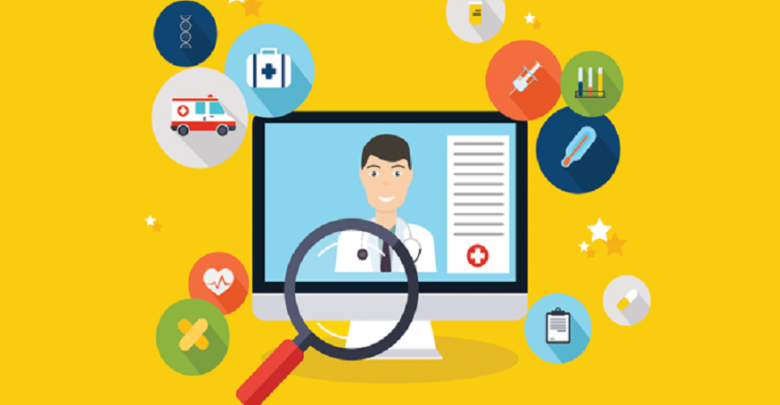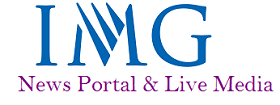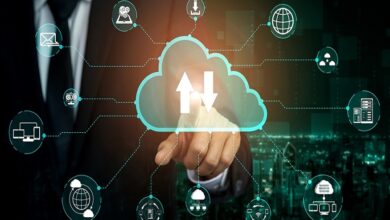Why Is It Important To Access Quality Health Information

One of the most important health-related resources simply comes down to information. It takes an incredibly long time for someone to rise from student to medical doctor. And the same goes, to varying extents, to most healthcare-related professions. While most people are aware of this they seldom treat knowledge as a rare and precious resource. But it should be seen as such when one considers the nature of medical information.
People training for a medical profession receive a huge amount of education related to health literacy. This basically means that they’re able to examine medical research and fully comprehend the subject. Again, the general public seldom understands just how rare and precious this ability really is. People tend to imagine that medicine is just like any other skill. They see it as little more than some of their high school biology classes done on a larger scale. The public knows that medicine is important. But they’re seldom aware of just how little they actually know about the subject. And, sadly, ignorance of medical research tends to put people at danger.
The World Health Organization, or WHO, put together a solid definition of medical literacy. Part of the definition involves improvements in personal and community health. This definition also highlights why health literacy is so important. People with a background in health literacy are able to properly relate medical information to real-world situations. They can keep themselves, their family and their community happy and healthy even in difficult situations.
However, this understanding has taken a while to properly propagate even within the medical industry. Public health literacy only started gaining real attention back in 2005. The basic viewpoint of many health professionals was that the public simply needed to trust rather than understand. They saw patients as people who came for treatment, rather than someone working in tandem with medical professionals to improve their health. But in the decade after that and beyond things began to change and evolve. Part of this came from the fact that the Internet went from luxury to necessity in people’s lives. It’s far easier to catch up on various subjects when one can access it over a computer.
But public health literacy also benefited from the fact that most medical journals went online. It’s true that most of those journals keep the full articles behind a paywall. But for the most part, one can still easily look up article abstracts and conclusions. The main difference comes down to in-depth analysis. Some of the more technical data is usually reserved for a full article. The abstract tries to give a more generalized view of the overall experimental design alongside the researcher’s conclusions. A public who can understand this data is a public who can adapt to recommendations created by solid research.
Imagine that new research shows benefits to dietary changes. The general public as a whole wouldn’t be able to make proper use of it due to a lack of understanding of the data involved. However, someone with a higher level of health literacy would understand how much and what types of food were a part of the study. As such, they could then help friends, family and neighbors integrate those changes. Or if a human transmittable illness was going around they’d be able to help people understand how to decrease their risks.
All of this means that a healthy public requires two things. It needs people within a community to have access to high-quality data. And it requires people in a community to have a proper level of health literacy which will allow them to actually read that data. When these pieces are in place society will be able to properly improve and adapt to new medical research.




